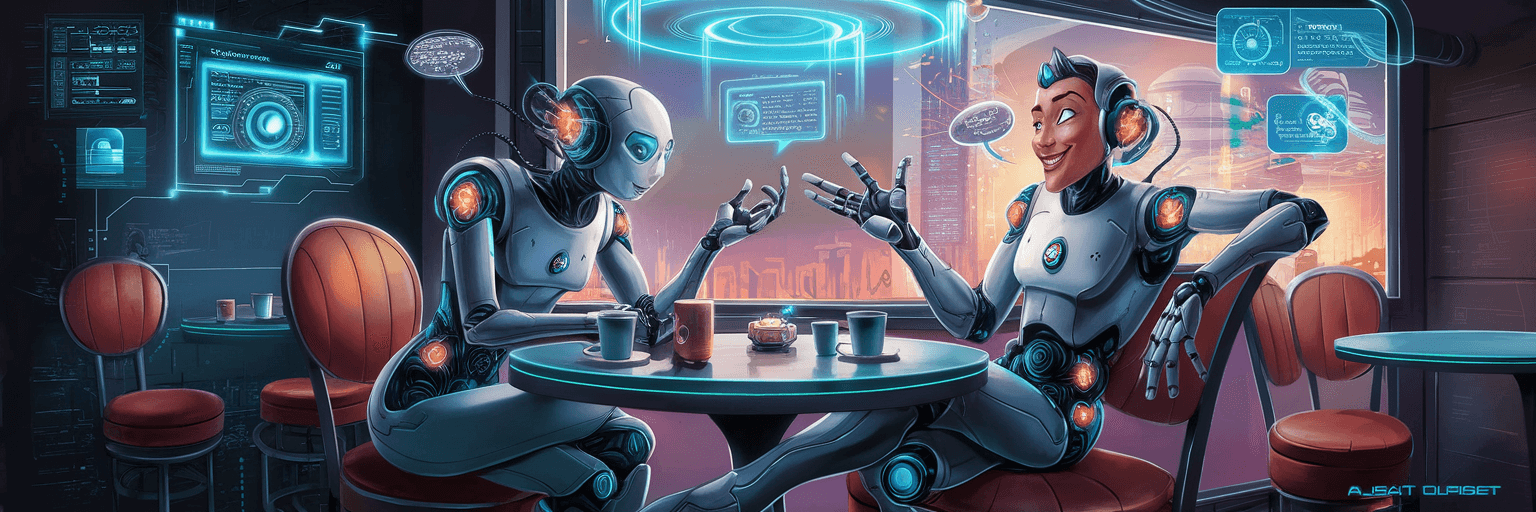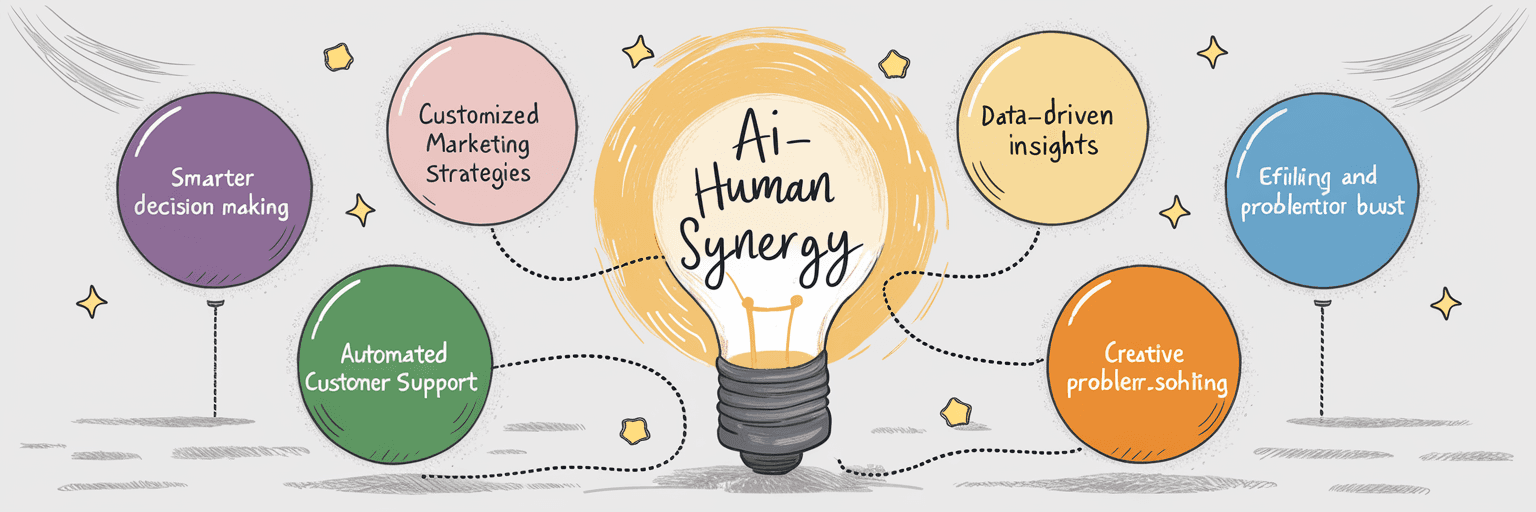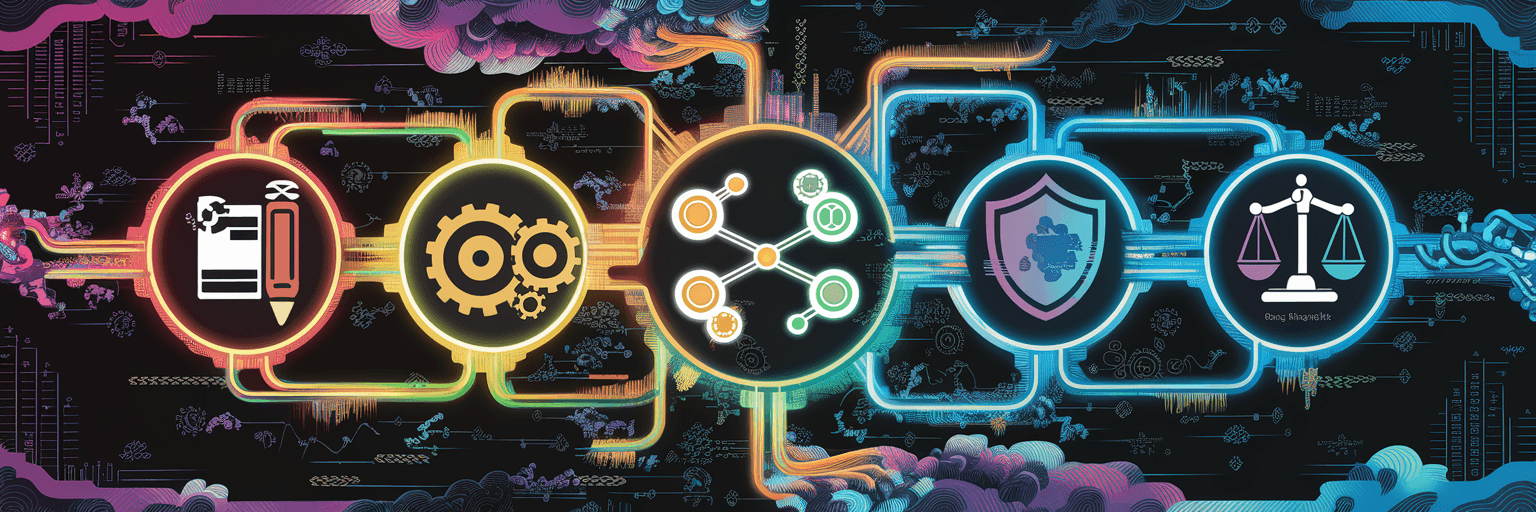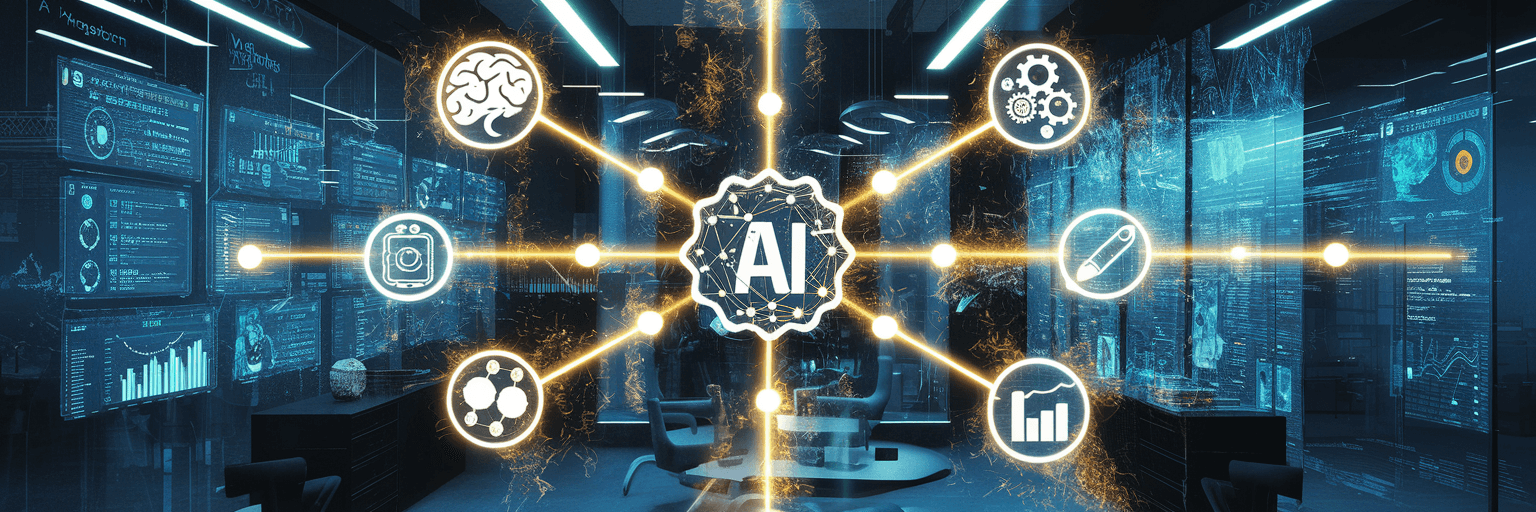



The Dark Side of AI: Understanding the Negative Effects on Society
Explore the negative effects of AI on society, including the creation of harmful content, the risks of roleplay chatbots, and the spread of misinformation. Understand the challenges and ethical concerns surrounding AI.
Author
D Team
Aug 19, 2024
Introduction: Artificial intelligence (AI) has brought about incredible advancements in technology, transforming industries and improving our daily lives. However, like any powerful tool, AI also has a dark side. As AI becomes more integrated into our lives, it’s important to recognize and address its negative effects on society. This blog explores some of the most concerning issues, including the generation of harmful content, the rise of roleplay chatbots, and the broader implications of AI misuse.
The Rise of Harmful AI-Generated Content
Dirty Image and Video Generation
One of the most alarming negative effects of AI is its ability to generate explicit and harmful images and videos. Using techniques like deepfake technology, AI can create highly realistic but completely fabricated content. This has led to a surge in the production and distribution of non-consensual pornography, fake news, and other damaging visual content.
Impact on Individuals: The creation of fake explicit images and videos can have devastating effects on the individuals depicted. Victims of deepfake pornography often suffer from severe emotional distress, reputational damage, and in some cases, harassment and blackmail. The ease with which these images can be produced and shared online makes it difficult to control or remove them, leaving victims with little recourse.
Impact on Society: Beyond the individual level, the widespread availability of AI-generated explicit content contributes to a broader erosion of trust in visual media. As deepfake technology becomes more sophisticated, it becomes increasingly difficult to distinguish between real and fake content, undermining our ability to trust what we see online.
Roleplay Chatbots: Blurring the Lines of Reality
The Dangers of Roleplay AI
Roleplay chatbots are AI-driven systems designed to simulate human conversation, often for entertainment or companionship. While these chatbots can offer users a novel form of interaction, they also pose significant risks. AI roleplay can lead to unhealthy attachments, manipulation, and even psychological harm, particularly when the boundaries between reality and simulation become blurred.
Impact on Mental Health: Users who engage extensively with roleplay chatbots may develop unrealistic expectations about relationships and social interactions. This can lead to social isolation, as users may prefer interacting with AI over real human connections. In extreme cases, individuals may experience mental health issues such as depression or anxiety, exacerbated by the artificial nature of these interactions.
Ethical Concerns: The use of AI in roleplay also raises serious ethical questions. For example, there have been instances where roleplay chatbots have been programmed to engage in violent or abusive scenarios, normalizing harmful behavior. This not only desensitizes users to such actions but also perpetuates a cycle of negative and potentially dangerous interactions.
The Broader Implications of AI Misuse
Misinformation and Fake News
AI's ability to generate realistic text, images, and videos has made it a powerful tool for spreading misinformation. Deepfake videos, AI-generated articles, and other forms of fake content can be used to manipulate public opinion, interfere with elections, and incite violence. The rapid spread of misinformation facilitated by AI poses a serious threat to democratic processes and societal cohesion.
Privacy Invasion
AI's capacity to analyze vast amounts of data has led to concerns about privacy. Surveillance systems powered by AI can track individuals' movements, behaviors, and even predict their future actions. This level of surveillance, often without consent, can lead to a loss of personal privacy and autonomy, contributing to a culture of constant monitoring and control.
Ethical and Legal Challenges
As AI continues to evolve, so do the ethical and legal challenges associated with its use. The development of AI technologies often outpaces the creation of regulations, leaving gaps in accountability. Issues such as AI bias, the potential for AI to perpetuate harmful stereotypes, and the lack of transparency in AI decision-making processes are all areas of concern that need to be addressed to prevent the negative societal impacts of AI.
Derivative GPT Viewpoint:
From a research-driven perspective, the negative effects of AI are not just hypothetical but are already manifesting in various aspects of society. For individuals, the risks include personal harm, privacy invasion, and mental health issues. For society at large, the misuse of AI can lead to broader societal disruptions, including the erosion of trust in media, the spread of misinformation, and the normalization of harmful behaviors.
The challenge lies in balancing the incredible potential of AI with the need to mitigate its risks. This requires a multi-faceted approach that includes stronger regulations, ethical AI development practices, and increased public awareness. While AI offers many benefits, its negative impacts must not be ignored, and proactive steps are essential to ensure that AI serves society in positive, constructive ways.
Conclusion: Addressing the Dark Side of AI AI has the power to do immense good, but it also has the potential to cause significant harm. As we continue to integrate AI into more aspects of our lives, it is crucial to remain vigilant about its negative effects. By understanding and addressing issues like dirty image and video generation, the misuse of roleplay chatbots, and the spread of misinformation, we can work towards a future where AI enhances rather than detracts from our quality of life.





